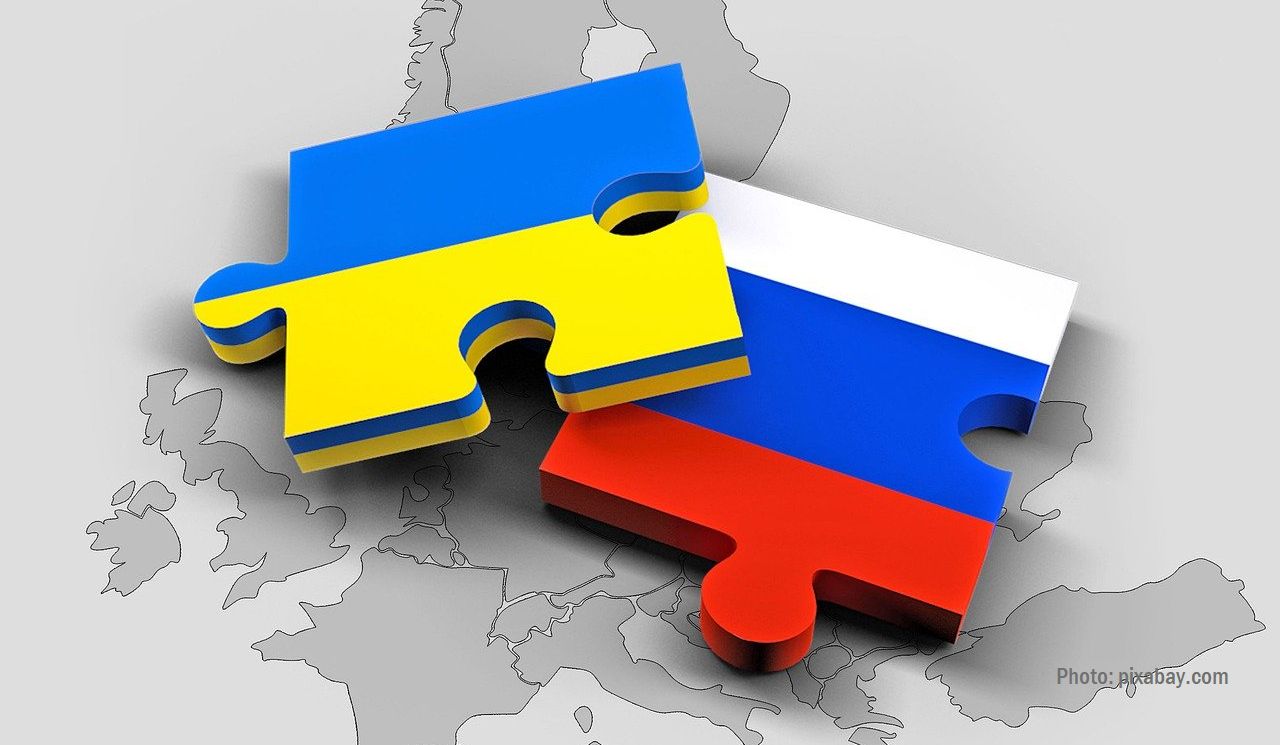Romania, a European model in terms of national minorities
The international conference dubbed “Ethnic Minorities in Europe – Prospects and Challenges brought together in Timisoara, in western Romania, representatives from Central and Eastern Europe.

Corina Cristea, 09.07.2015, 14:44
On the occasion of the celebration, this year, of 20 years since the Council of Europe adopted the Framework-Convention for the Protection of National Minorities and Romania ratified it, the Romanian Foreign Ministry organized a conference on this topic in the city of Timisoara. The participants, representatives from Central and East European countries, debated the current situation of youth organizations and their long-term development plans.
Recognizing, protecting and promoting diversity at society level, in keeping with each minority groups identity, is the essence of multiculturalism, said the Romanian Foreign Minister Bogdan Aurescu. He underlined the constant evolution, in the past two decades, of Bucharests national minority policy, from a policy of assimilation, focusing on the definition of a homogeneous culture of the majority, to one that promotes respect for difference and individuality. “Romania has understood that cultural diversity- multiculturalism and interculturalism – are essential democratic values, characteristic of all societies that function on the basis of respect and peaceful coexistence Bogdan Aurescu said at the event.
According to the Romanian official, Romania supports both the protection of the identity of national minorities and also their implication in making decisions that concern Romanian society as a whole.
Bogdan Aurescu: “Romania has managed to create a genuine intercultural model of interaction between the majority and the minorities. Its a model that capitalizes on cultural diversity, a model that, obviously, needs to be further improved, but which, from many points of view, is based on higher standards regarding the protection of national minorities than the European ones.
The model of interculturalism promoted by Romania is based on both preserving and affirming the essence of ones identity – be it ethnical, linguistic, cultural or religious – and the need for defining and integrating a tolerant space, based on inter-ethnic dialogue, mutual understanding and respect.
In Romanias opinion, national minority policies have a twofold purpose: that of protecting the peaceful and harmonious coexistence of the majority and minorities and also peaceful coexistence among minorities themselves. Therefore, attention is focused not only on the need to promote and protect the specific identity of those who are part of national minorities, but also on the need to integrate them into the societies they are members of. Such policies help create tolerant societies, based on intercultural dialogue, which in turn helps prevent conflicts.






























